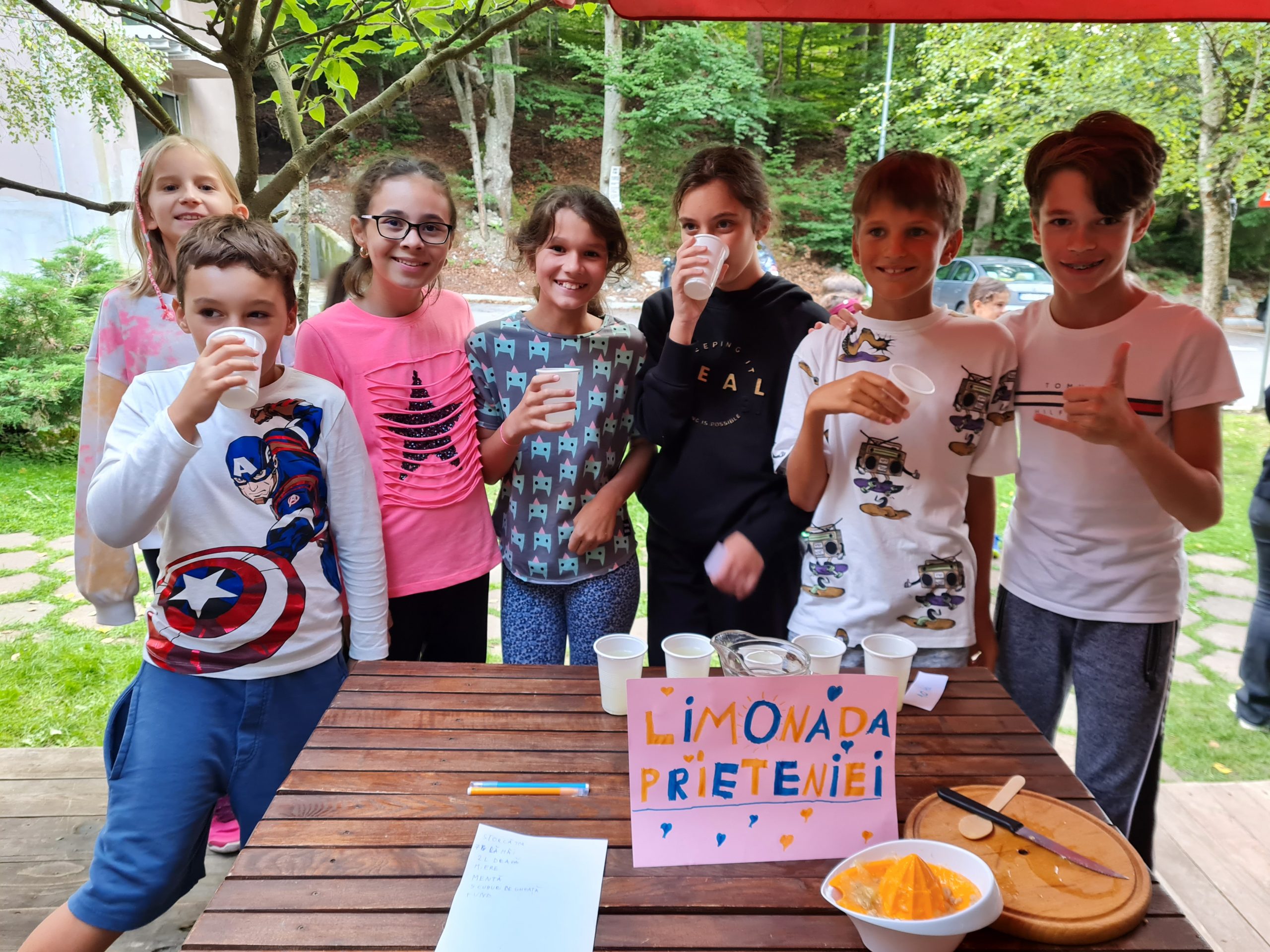
Children's superpower: IMAGINATION
Every invention we are grateful for today was once the product of someone's imagination. From the earliest ages, children use their imaginations in all contexts, and their whole world is transformed.
Lev Vygotsky, one of the most famous names in the field of pedagogy, stated that imagination is a "higher psychological function related to emotion and all intellectual activity".
He emphasized that we need imagination every day and that we need it in geometry as well as in poetry. "Everything that requires the artistic transformation of reality, everything that is related to interpretation and the construction of something new, requires the indispensable participation of the imagination."
Imagination plays a role in all learning – in all people, in all places.
Imagination helps foster children's social, emotional, creative, physical, language and cognitive development – crucial skills that children will use in adulthood.
Social and emotional development
When children play, pretending and imagining different contexts and roles, putting themselves in the shoes of characters, they develop empathy and understanding for others. Children's self-esteem also increases, giving them the confidence to be anything they want. When children play with others, they work on cooperation, negotiation, collaboration and sharing of responsibilities. Pretend play is a great way for children to test their limits, learn to control their impulses, and experience social interaction.
Creative development
Perhaps one of the most obvious benefits of imaginative play is increased creative capacity. Imaginative play gives children the skills they need later in life for creative problem solving and an appreciation for artistic endeavors. Developing creativity can also introduce children to various types of art and help them visualize characters and situations in books and movies.
Physical development
Many types of creative play are great opportunities for children to be active and exercise. Imaginative play can provide plenty of practice for both gross and fine motor skills, especially for younger children.
Developing language and communication skills
Engaging in imaginative play allows children to think about situations they see every day or imagine from stories. They can impersonate their parents, other people they see, or characters from movies. Children practice listening skills and discover the meaning behind words, reinforcing the connection between written and spoken words.
Thinking and problem solving
All kinds of creative problem-solving skills are applicable during imaginative play. It could be selecting materials to build a fort or creating something new from common household materials. It also involves problems that may arise during play, such as two children wanting the same role or something going wrong in their imaginary scenario. All of these examples and more are ways that a child can develop cognitive skills and competencies that they will use throughout their lives.
At KEN Academy we understand the importance of imagination in our daily lives and we show kids why entrepreneurs need to train their creative skills in countless contexts. Also, throughout the year, in each class, children have the opportunity to train this superpower through many interactive exercises.
*Article written by Veronica Dunga, KEN Academy trainer.
Tag:imagination, BOYS
